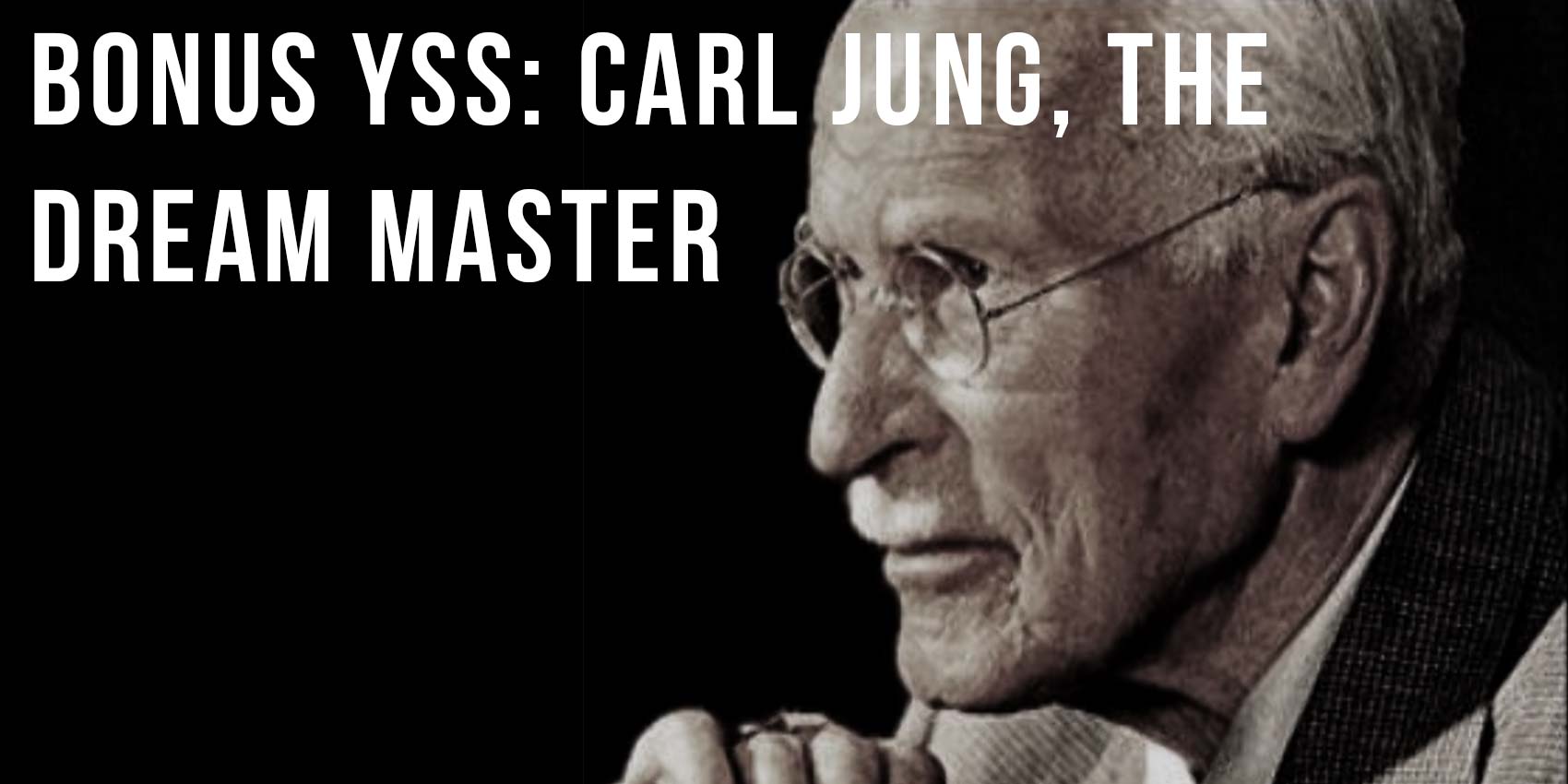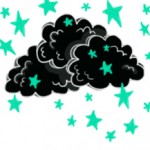24 Jun Bonus YSS: Carl Jung, the dream master

Carl Jung provided us with one of the broadest views of the human psyche. His theories include the conscious and the unconscious aspects of the psyche, a detailed theory of personality types, the idea of the “collective unconscious” and, of course, dream theory.
Jung believed that dreams were rich in meaning and a window into the human psyche. His dream work used certain methods such as symbolism in order to make a connection between the dream and any number of unconscious thoughts and memories. These memories may be from an event of the day (day residues), last week or even a remote past event stored deep down in the dreamer’s “personal unconscious.”
Jung believed that dreams connected us all to what he called the collective unconscious. He believed that a universal unconscious connection exists among mankind. His theory draws parallels between the unconscious images produced in dream work and the universal language of symbols found in religions and mythologies throughout time.
Furthermore, Jung believed that, “If the warning of the dream is not heeded, real accidents take its place.” Jung believed that dreams “prepare, announce, or warn about certain situations, often long before they actually happen.”
Freud, the father of psychoanalysis, is well known for his dream interpretations as well. The main difference between Freud and Jung when it comes to dream interpretation is that Freud looks at the dream material as a way to reveal a person’s past (his relationship to his mother, the emotions from a childhood vacation, etc.). Jung looks at dreams as a window into a person’s evolving psyche – the future of the self, in essence.
So, if you want to learn more about who you are based on past experiences, then read up on Freud. If you want to think about dream interpretation as a window into the symbolic meaning of your future self, Jung might be the way to go.
POST QUESTION: What do you believe?!




Answer the post question here
What's being said